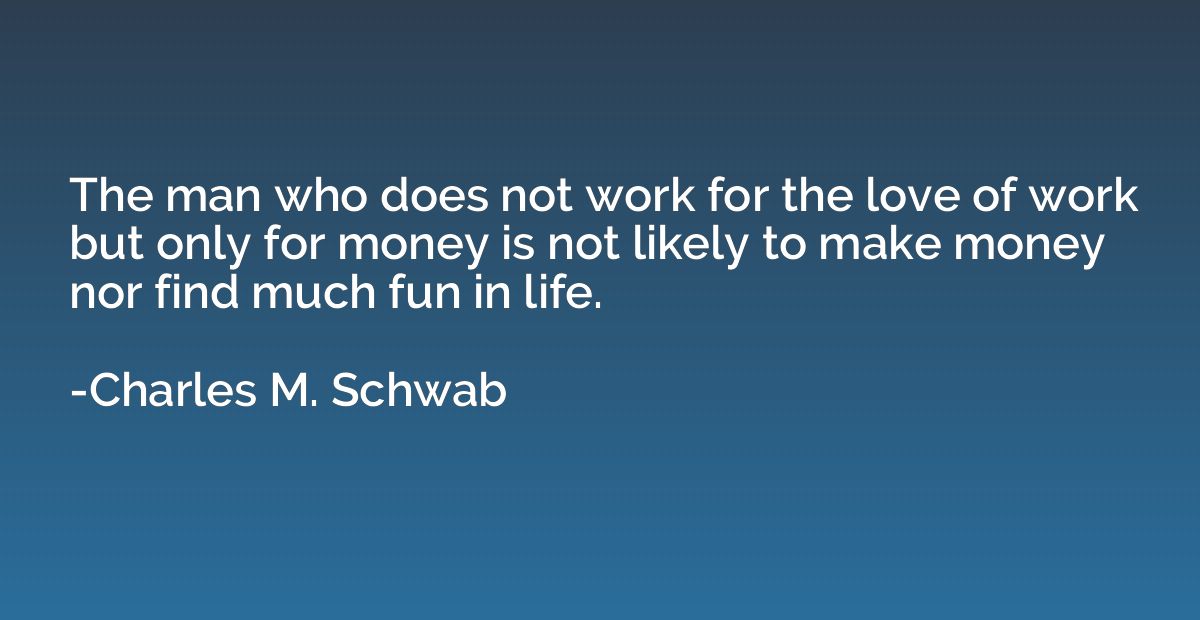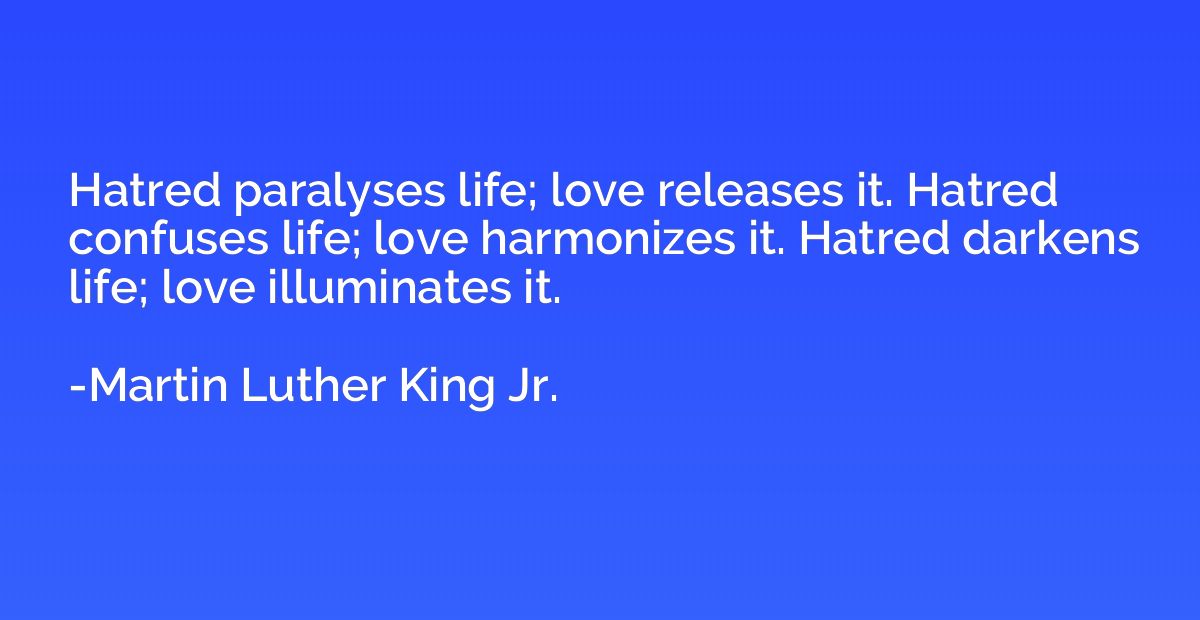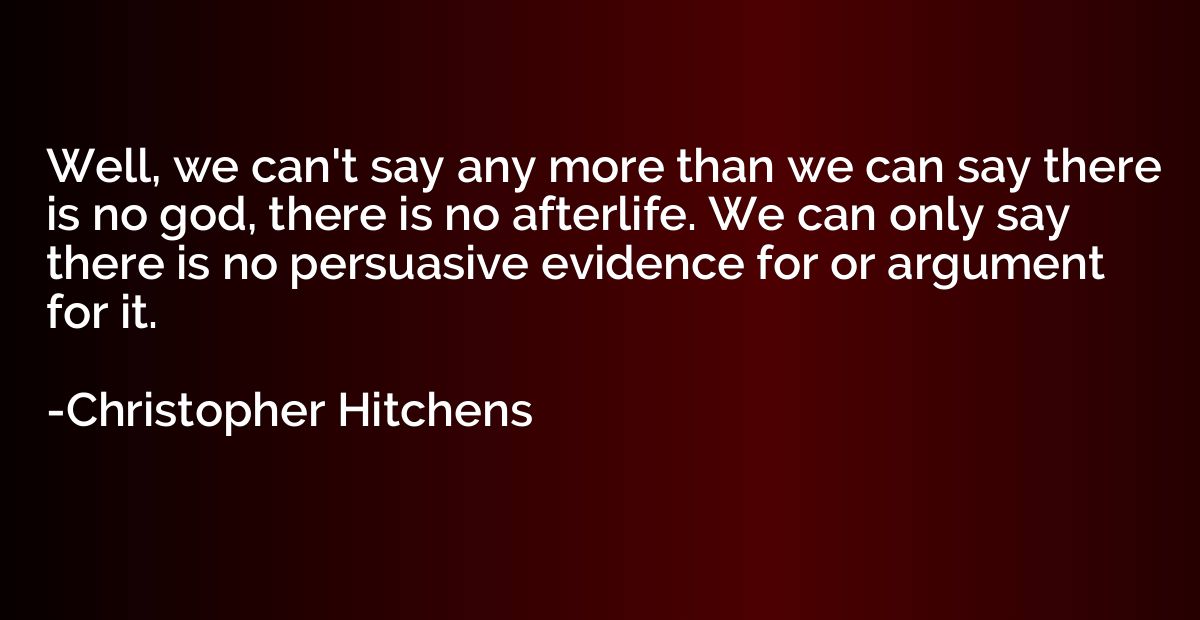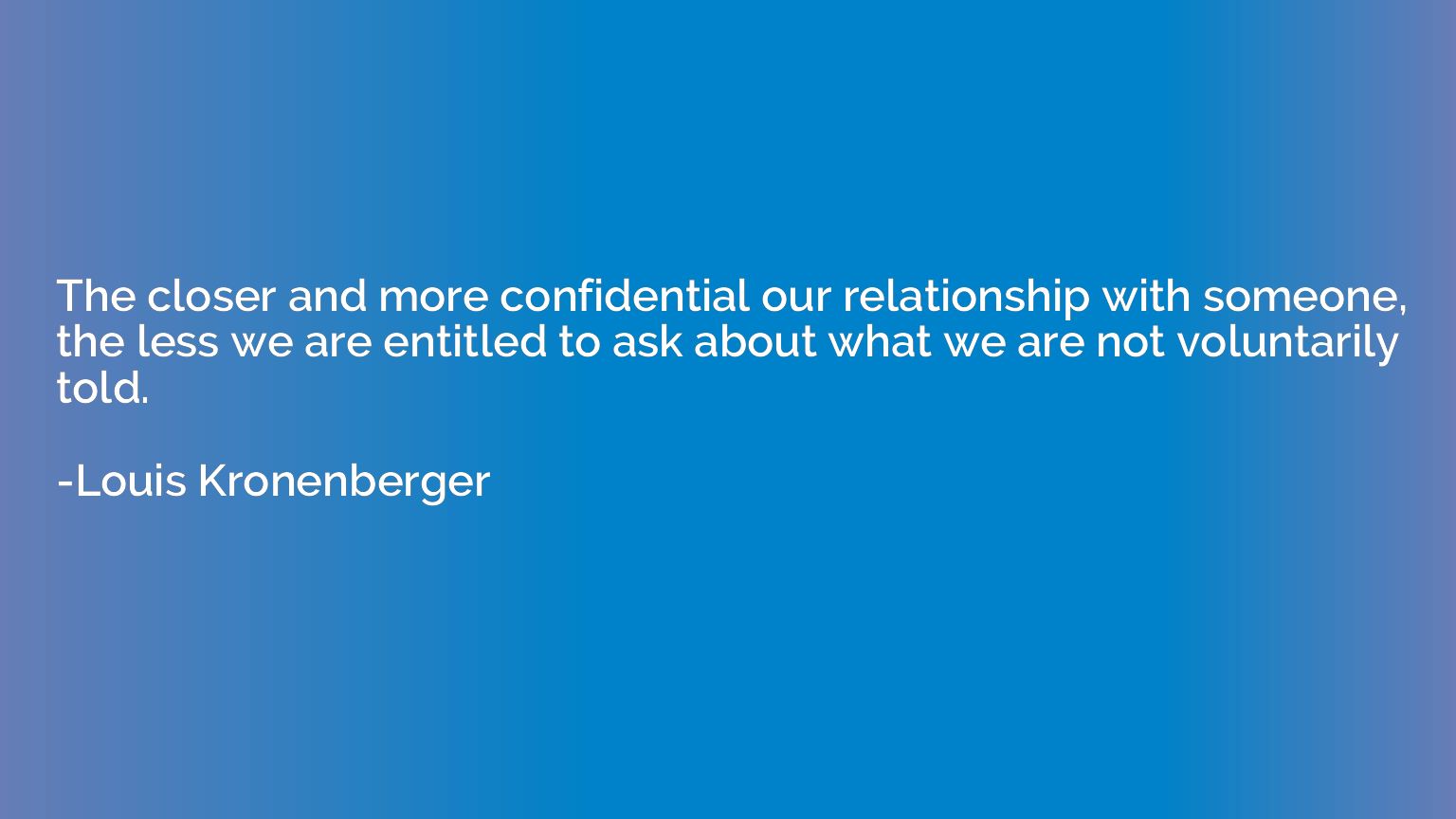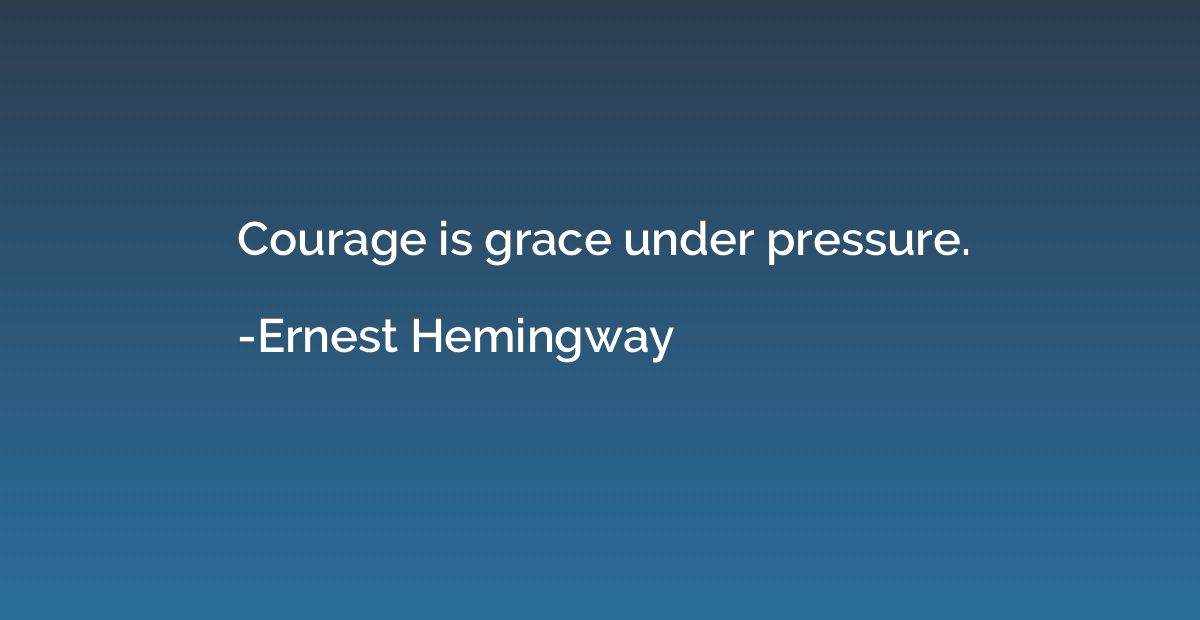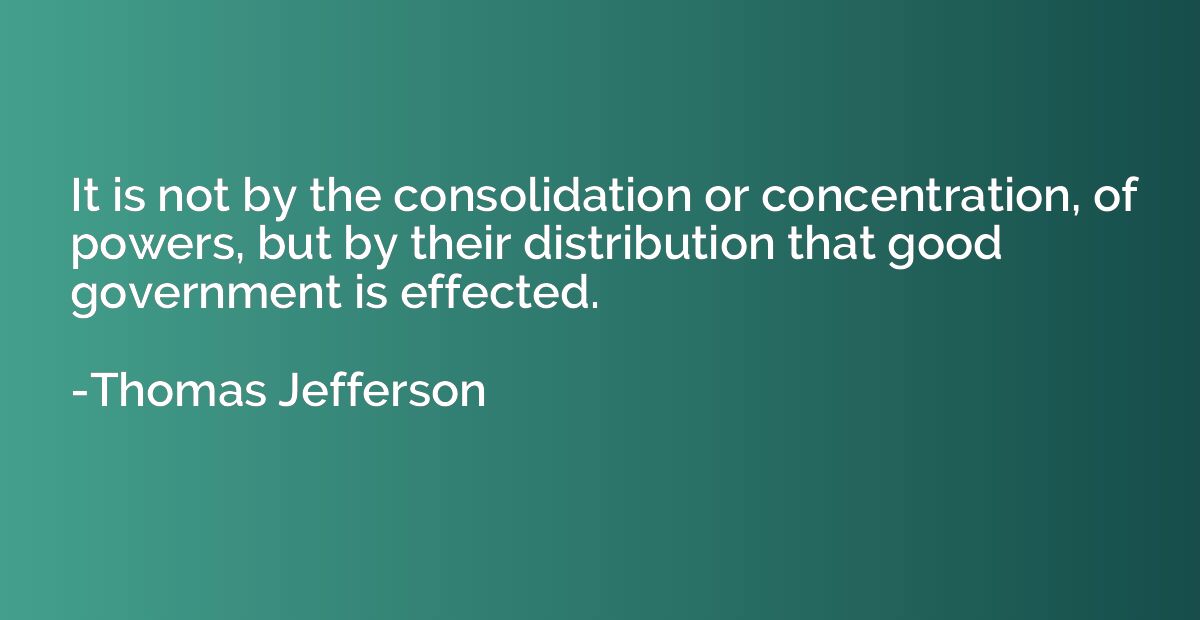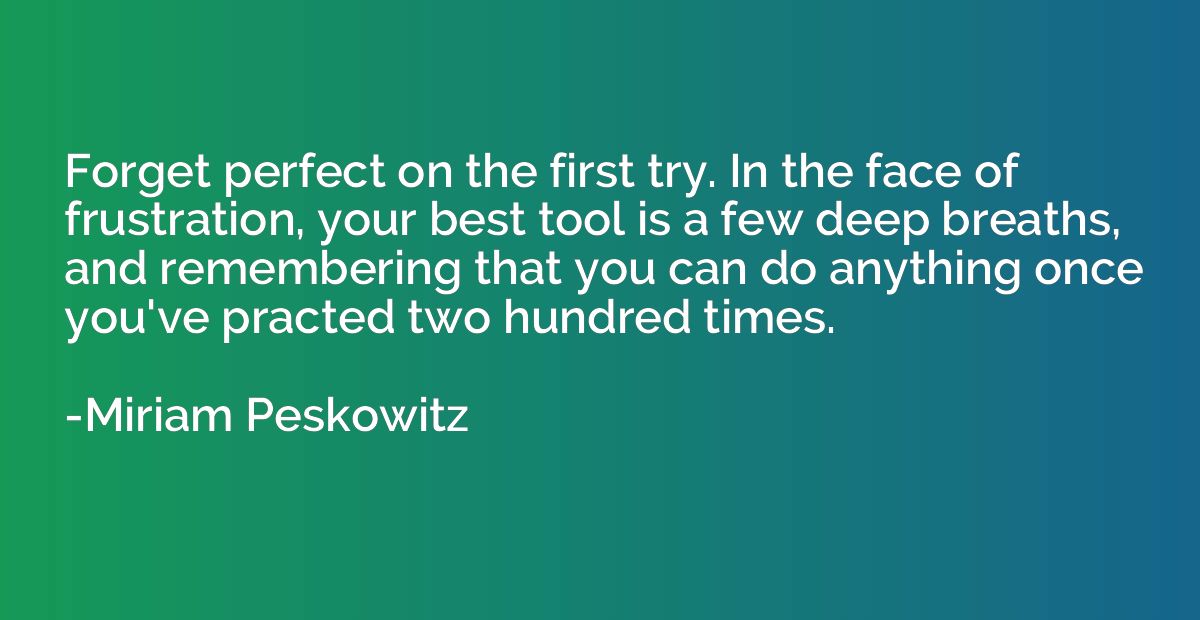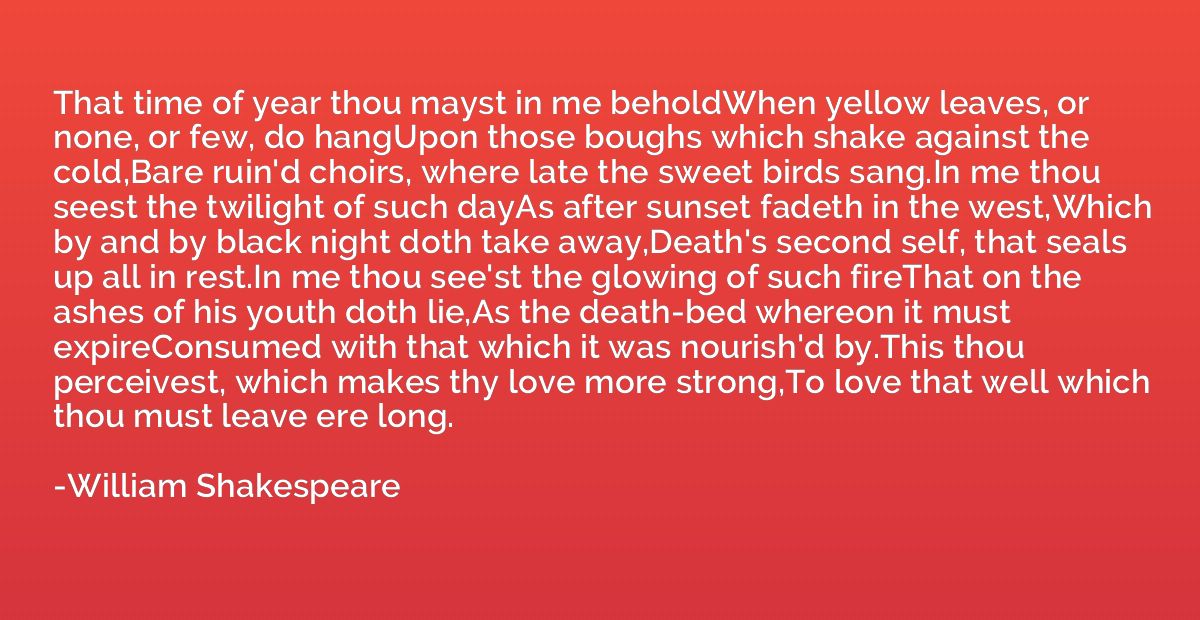Quote by Zora Neale Hurston
I have the nerve to walk my own way, however hard, in my search for reality, rather than climb upon the rattling wagon of wishful illusions.
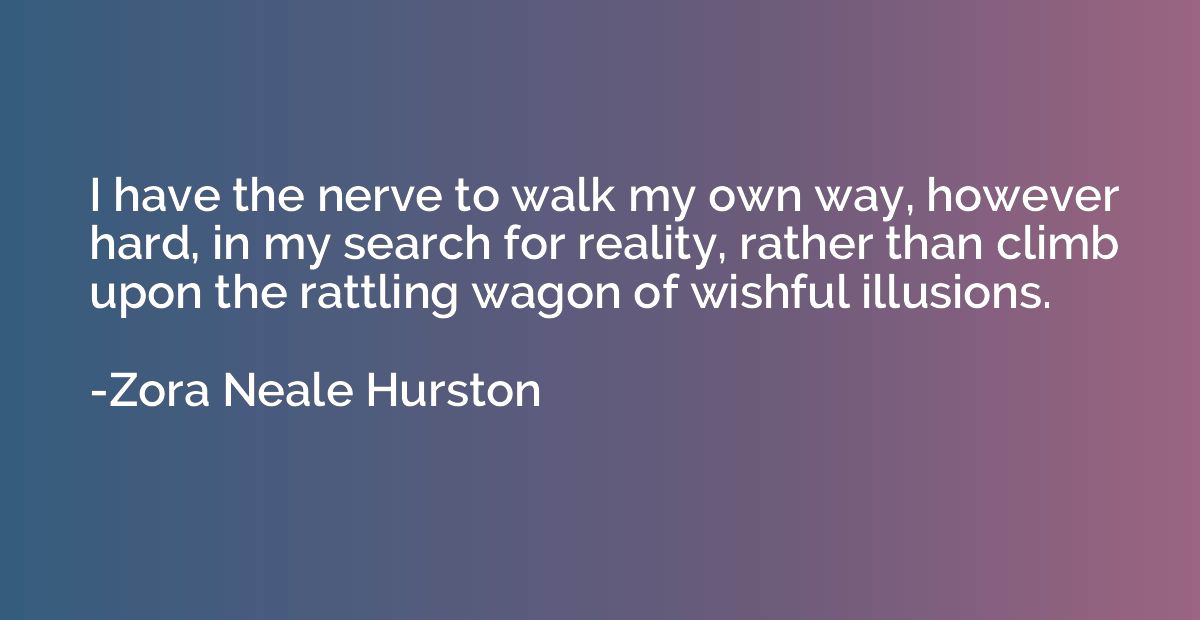
Summary
This quote reflects the courage and determination to embark on a personal journey towards truth, even if it entails facing difficult hardships. The individual refuses to conform to the comforting illusions that are prevalent in society, opting instead to follow their own path towards discovering what is real. Their declaration shows a resolute refusal to compromise their quest for a deeper understanding of the world, embodying a sense of bravery and integrity.



